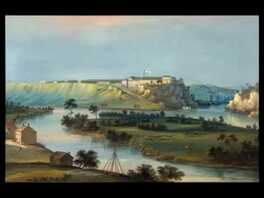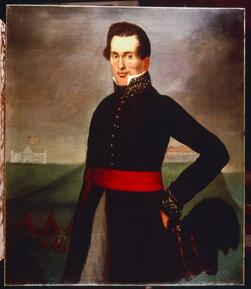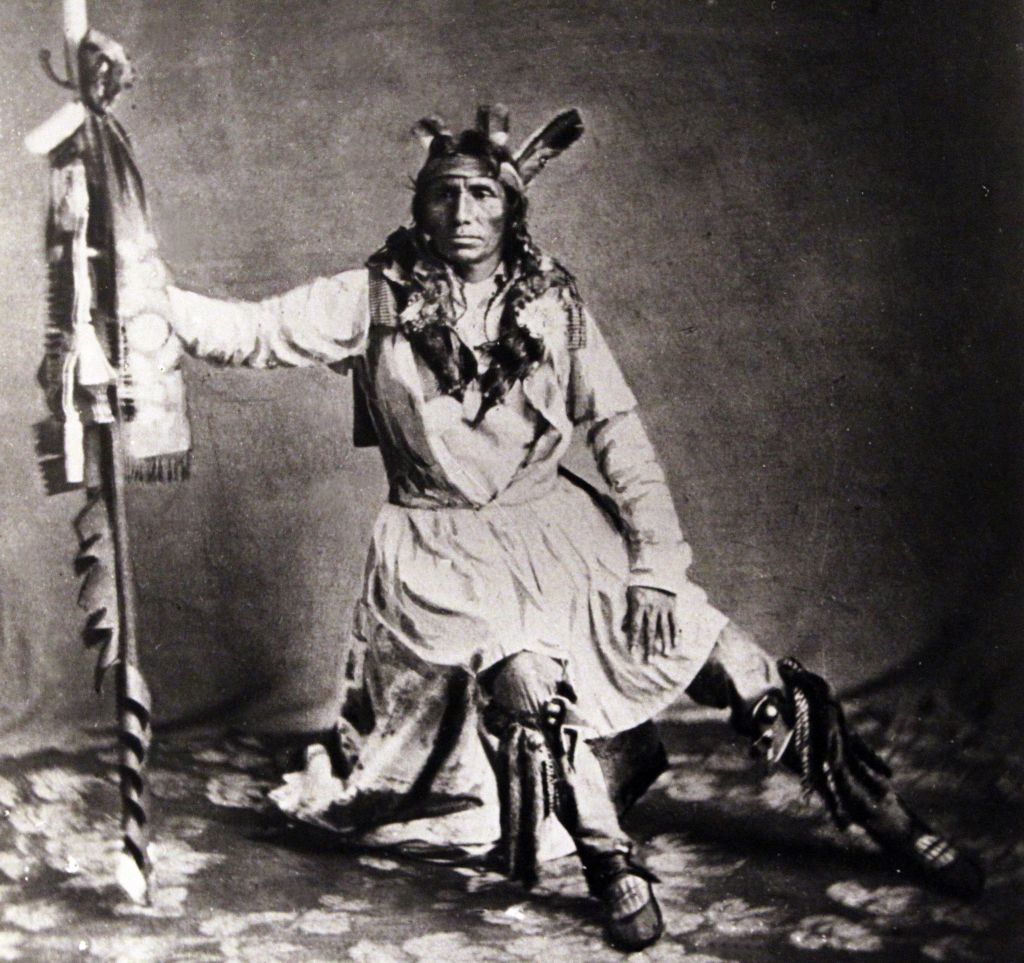A Novel of the 1862 Uprising““Damn it mon . . . ya beat me again.” McAllister threw down his cards with venom while the Indian seated opposite cackled in glee at the Scotsman’s misfortune. It was the third hand in a row and Jacob was wild-eyed, in part due to blathering intoxication.”  The White Mountains The White Mountains So begins my historical novel of the thirty-ninth man, a tale written to explain and expose the decline of a people. It is a story of love, betrayal, murder, and forgiveness, all borne out through the lens of historical fact. It is a tale of a mixed-blood, born in the White Mountains of New Hampshire, and we follow him as he grows, learning the ways of a solitary existence from his Algonquin mother. On the day of his birth, I introduce the reader to a ten-year-old boy living in Virginia and destined to become the first Indian Agent assigned to the Northwest Frontier.  Fort Snelling-Northwest Territory Fort Snelling-Northwest Territory The two grow, and taking separate paths, work their way west until they meet at Fort Snelling located at the confluence of the Mississippi and St. Peter Rivers. The young mixed-blood, then serving as scout and primary hunter for Colonel Josiah Snelling; the other, the newly appointed Indian Agent for the Northwest Territories.  Lawrence Taliaferro Lawrence Taliaferro A clip from the novel: Moments earlier, newly appointed Commissioner of Indian Affairs, Lawrence Taliaferro, formerly of Whitehall, Virginia, had entered the camp of Chetanwakenmani, known to the world as Little Crow. The Indian had assumed the mantle of leadership of the band at the death of his father, who had gotten the position from his father before him, making Chetanwakanmani the third chief of the Little Crow band of the Seven Fires of the Dakota Nation, and the third to carry the name Little Crow. Lawrence now sat cross-legged opposite Little Crow, second in importance only to Wabasha. Lawrence spoke. “Your white father in Washington shows his concern for your welfare by sending his soldiers to ensure peace.” Little Crow responded with a nod of the head. “I have seen that the traders seem in direct opposition to the desires of the U.S. Government and the good will of the Indian nations.” Little Crow considered the words, and after a long pause replied. “It is so. The traders stir trouble to their convenience." Lawrence leaned forward. "Although I am young in years, my heart is that of an old man; my passion for fairness will be made evident to your people.” “My people hope it will be so.” Lawrence Taliaferro was in his element. Having been well briefed on the situation he was entering, he expected opposition from the agents in place with the fur companies, knowing they would see him as a threat. At the same time, it was necessary to create a peaceful coexistence between the Chippewa and Dakota Nations.
If you are interested in learning more about the author, click here and visit his website for additional information.
0 Comments
Leave a Reply. |
AuthorAt seventy-nine, I’m at the beginning of a new chapter in a life filled with blessings from above, adventure, love of family, and kinships reaching into the heavens and to God himself. —AND— I love to tell a story. Archives
May 2021
Categories |
|

 RSS Feed
RSS Feed
